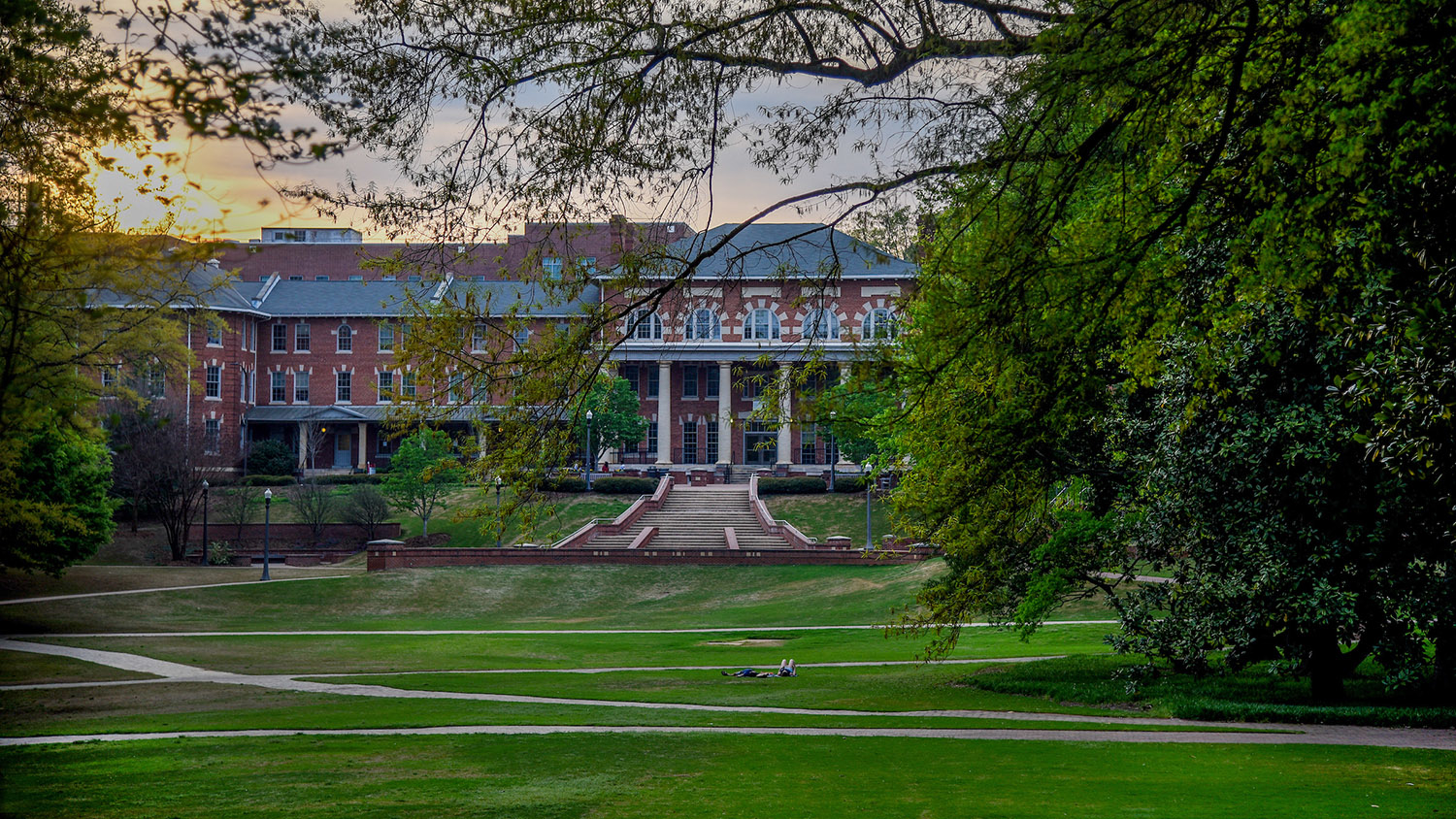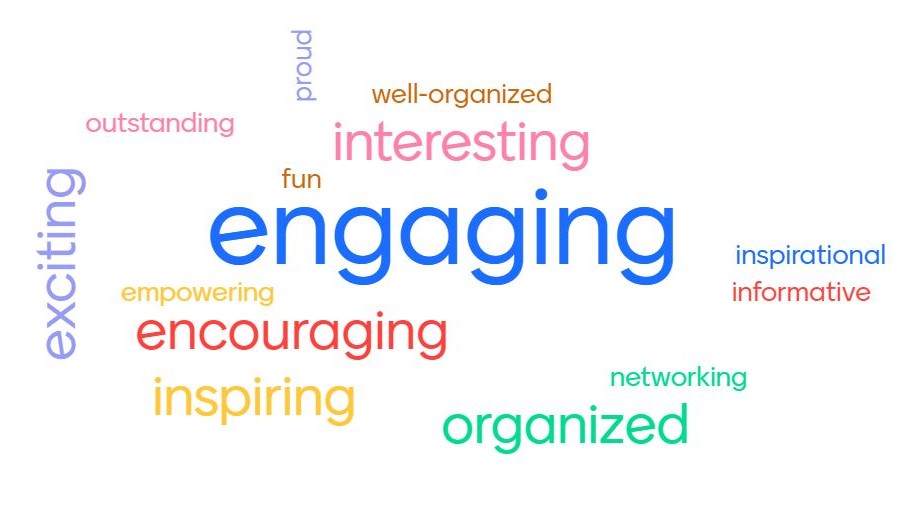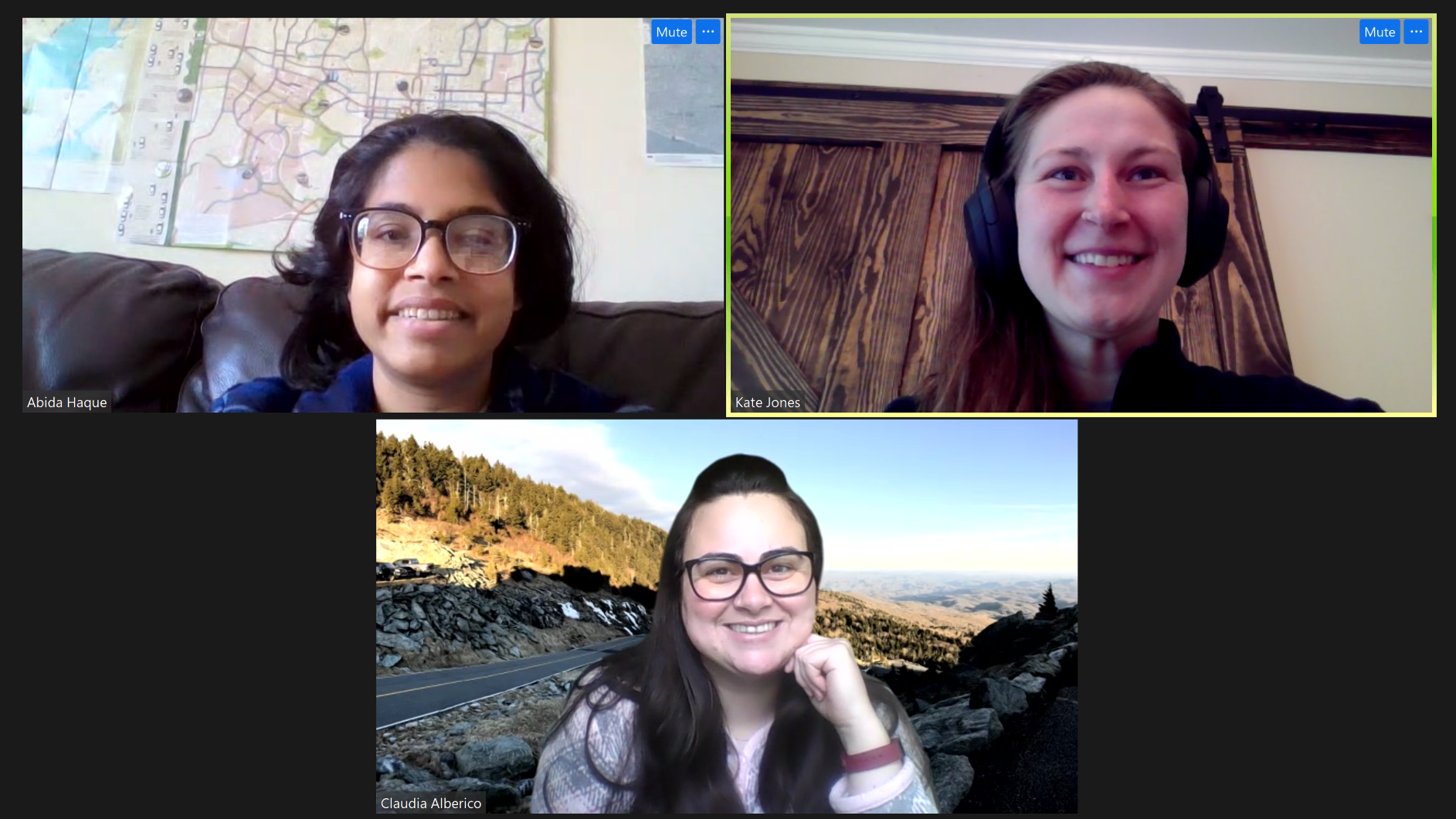Understanding Neurodiversity with Monique N. Colclough
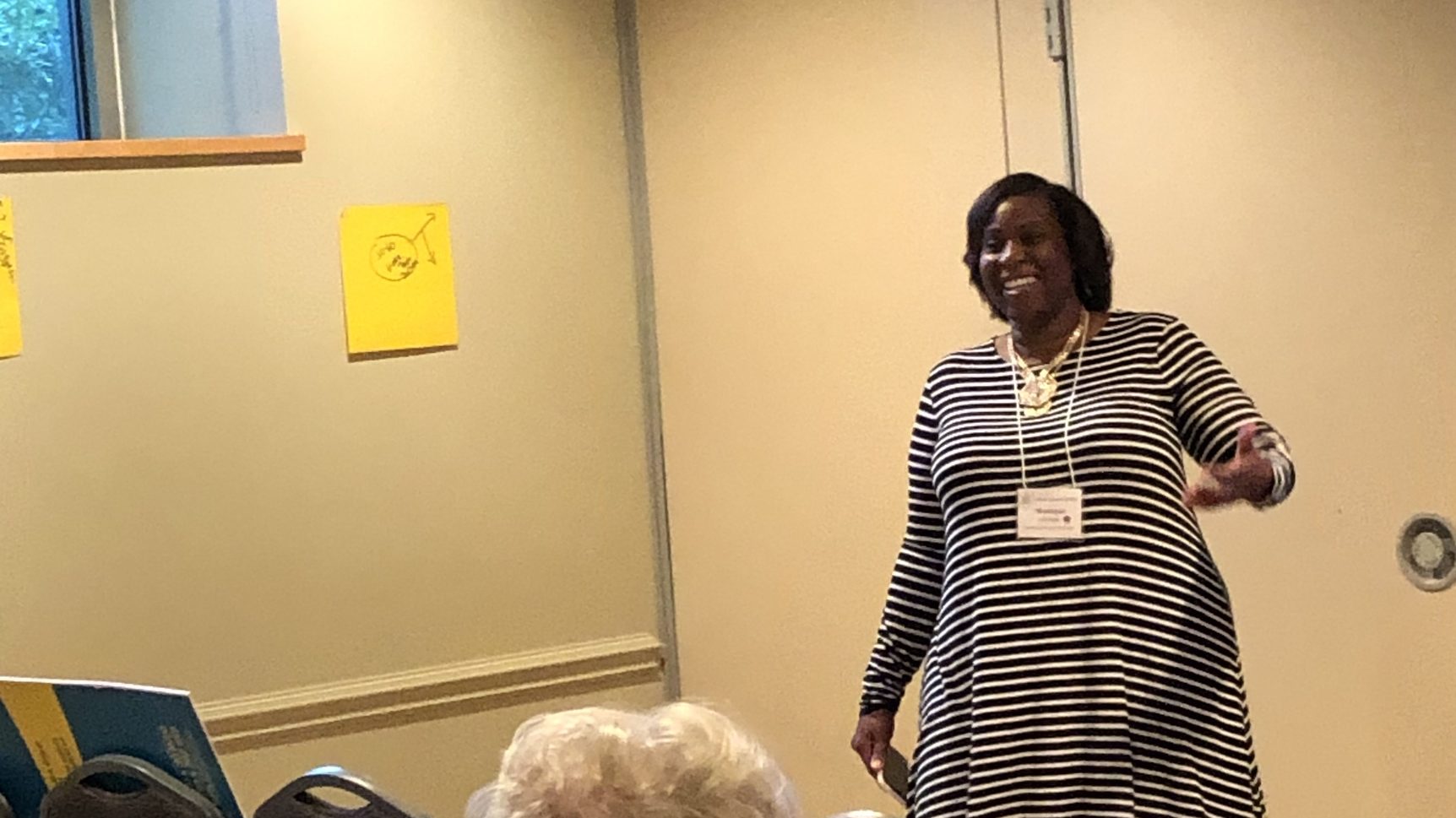
Dr. Monique Colclough is currently a postdoctoral scholar working with the Belk Center for Community College Leadership and Research. She graduated from Old Dominion University with a PhD in Higher Education and is researching neurodiversity in higher education. Monique specifically focuses on how students who have autism can be best supported academically and holistically as institutions rethink how student success is defined and measured.
Neurodiversity Research & Practice
Dr. Colclough tells me that her research on neurodiversity in higher education started with the book Students with Asperger Syndrome: A Guide for College Personnel by Lorraine E. Wolf. She tells me that after the publication of this book and the awareness of neurodiversity in higher education, there has been a rise in dissertation topics, books, etc. over the last 10-12 years. Neurodiversity is a critical site for study and that is now visible, especially in Monique’s work.
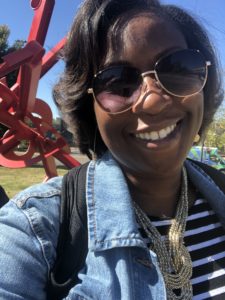
As we talked, we discovered how much we have in common! While I grew up in Northern Virginia, attended UNC Wilmington for undergrad, and am now at NC State for my graduate training, Dr. Colclough worked at Northern Virginia Community College in Woodbridge as well as the National Capital Region (NCR) campus of Virginia Tech in advising and student success for three years. Then she did advising and case management at UNC Wilmington for two years!
Dr. Colclough’s work in student affairs and services gave her a foundation for honoring the diversity among college students who self-identify with autism. As well as the background to advocate for redefining student success beyond neurotypical measures like holding a student leadership position, engagement in campus activities, or attending athletic events – measures that may not be appropriate for students who have a different social capacity.
Defining Student “Success”
Colclough notes that “success” is usually defined in higher education as someone who has been retained (i.e. has completed) their first or second year of college, graduated, completed a particular work, etc. However, she believes this is an incomplete definition of success because it does not take into consideration holistic student achievement and growth, such as self-determination and advocacy, registration with campus accessibility services, and the use of accommodations, if applicable. This growth is not typically quantifiable, yet it is invaluable to student success, persistence, and college completion.
The Belk Center & Supporting Local Students
In her doctoral work, Dr. Colclough interviewed undergraduate students and recent graduates with a focus on their social experiences. Complementary to national data about student enrollment, she found that many students who self-identify with autism began their college career at a community college before transferring to a 4-year institution. Her work with community colleges in Virginia, serving as a coach through the ACE-It in College program, as well as providing professional development for her Virginia Community College Systems colleagues, deepened her commitment to community colleges.
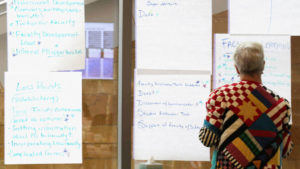 These experiences drew her to the Belk Center. The Belk Center, focuses on “supporting community colleges across North Carolina and the nation to help them improve student access and success.” Their motto is “equipping leaders, changing lives” and Monique’s research follows this mantra closely as she is currently working with several community colleges on an evaluative case study of their teaching and learning initiatives for student success.
These experiences drew her to the Belk Center. The Belk Center, focuses on “supporting community colleges across North Carolina and the nation to help them improve student access and success.” Their motto is “equipping leaders, changing lives” and Monique’s research follows this mantra closely as she is currently working with several community colleges on an evaluative case study of their teaching and learning initiatives for student success.
Over the course of a two-day campus visit, Monique leads a research team from the Belk Center in facilitating interviews and focus groups at community colleges who have existing teaching and learning centers, or are creating teaching and learning professional development opportunities. The community colleges for the case study are selected based on geographical location in North Carolina, institution size, and the ratio of adjuncts to full-time faculty.
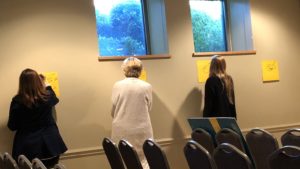 In addition to the Belk Center’s faculty and staff, the research team also includes doctoral students from the Ed.D. program, and a colleague from Achieving the Dream (ATD), one of the Belk Center’s national partners. The teaching and learning evaluative case study explores the professional development provided to community college faculty and staff, as well as the relationship between student success measures and the community college’s teaching and learning efforts. For Dr. Colclough this specific project also gives her insight into the ways universal design, accessibility, and neurodiversity are positioned at each college.
In addition to the Belk Center’s faculty and staff, the research team also includes doctoral students from the Ed.D. program, and a colleague from Achieving the Dream (ATD), one of the Belk Center’s national partners. The teaching and learning evaluative case study explores the professional development provided to community college faculty and staff, as well as the relationship between student success measures and the community college’s teaching and learning efforts. For Dr. Colclough this specific project also gives her insight into the ways universal design, accessibility, and neurodiversity are positioned at each college.
Vanderbilt Conference
This fall Monique joined almost 200 colleagues at the College Autism Network’s College Inclusion Summit hosted by the Frist Center for Autism Innovation at Vanderbilt University. Created to bridge various stakeholders “to improve access, experiences, and outcomes for postsecondary students with autism” the College Autism Network provides resources for practitioners, scholars and faculty to assist in the transition and success of college students.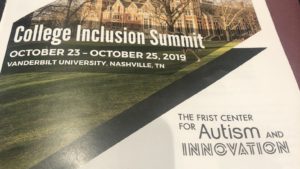
Monique has been involved with the College Autism Network for several years and recently presented at the Inclusion Summit on the resources at community colleges that support students as they earn high-impact credentials and complete degrees. After the Summit, she shared that for the scholars and program administrators that attended her session there was evident energy around resource crowdsourcing and building advocacy across the country.
Closing out the Summit was a panel of national partners like Ernst & Young, JP Morgan Chase, and USB, organizations that have programs that recruit and hire neurodiverse employees, and most importantly are also transforming corporate culture to be responsive to and supportive of neurodiversity.
Don’t Make Assumptions
According to Monique, similarly to how no two snowflakes’ designs will never be the same, students will also differ beautifully. Thus it’s ineffective and harmful to make assumptions about people based on surface information. Especially in a world where the media gives us the same looking characters on the spectrum (usually white, usually male), we should recognize that the neurodiverse community includes people of color, veterans, women, and adults who have been diagnosed later in life.
Dr. Colclough leaves us with these key tips, not only for neurodiversity, but for anyone: don’t define people by a diagnosis and never limit people based on your own assumptions.
Monique was nominated to be featured in ImPACKful because of her work in neurodiversity. Would you or someone you know like to be profiled on ImPACKful? Reach out to us and submit a nomination form!
[button]Nominate a student, postdoc or alumni so we can feature them in our blog[/button]
- Categories:
